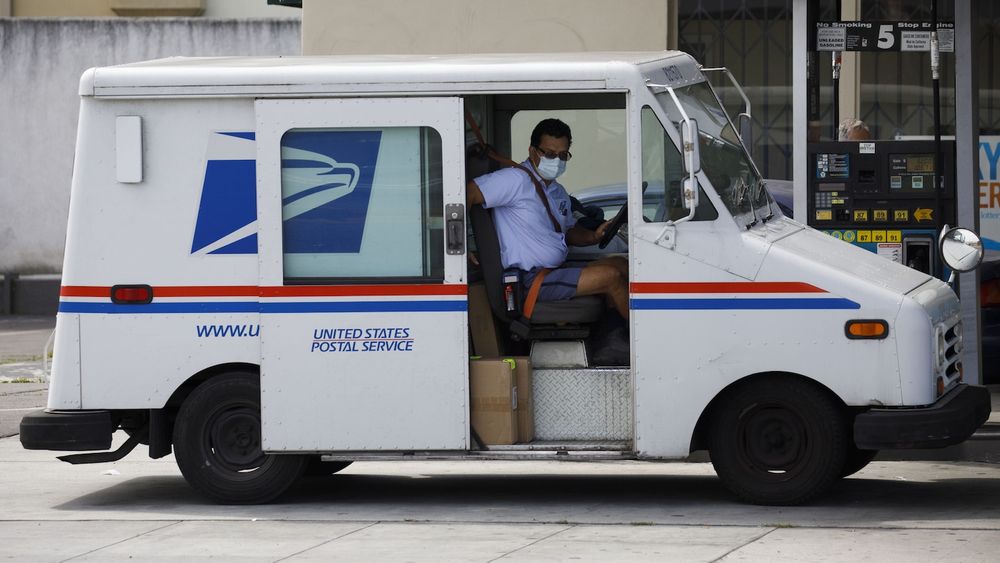
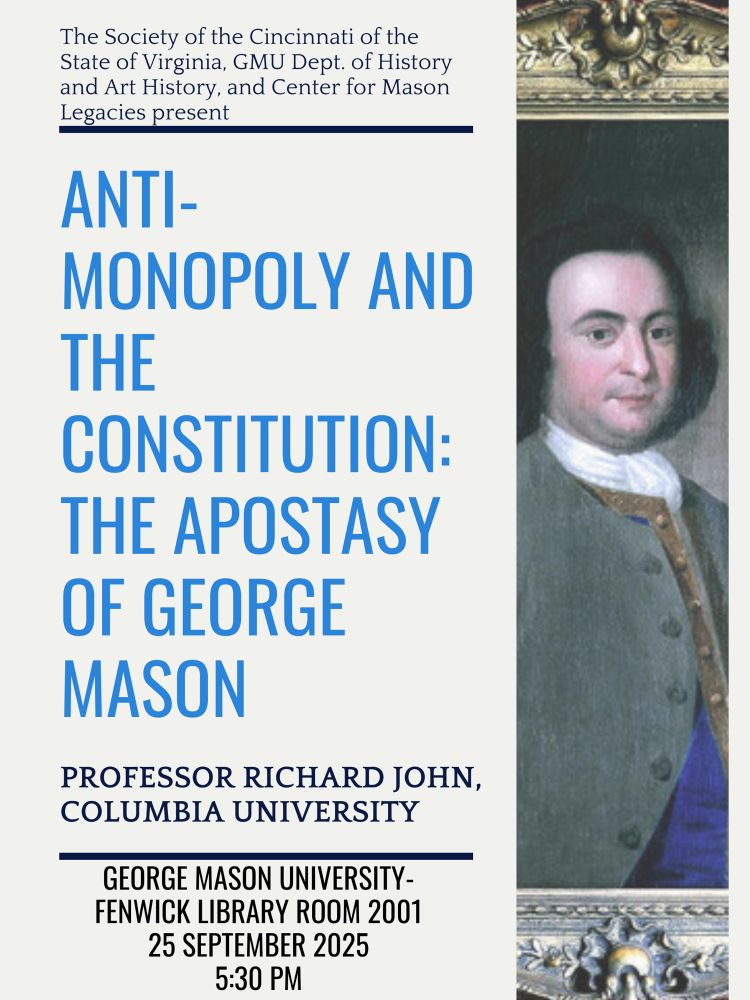
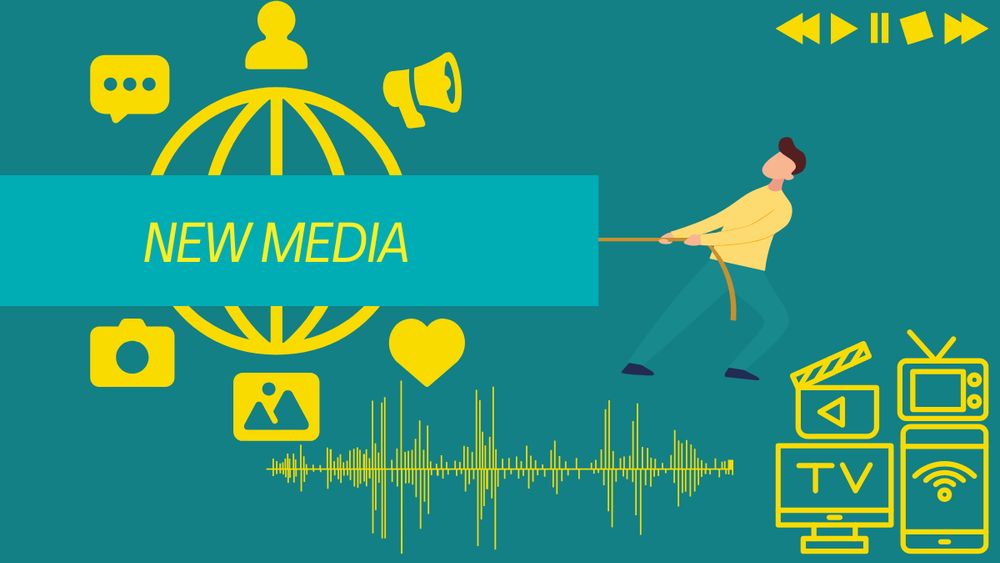
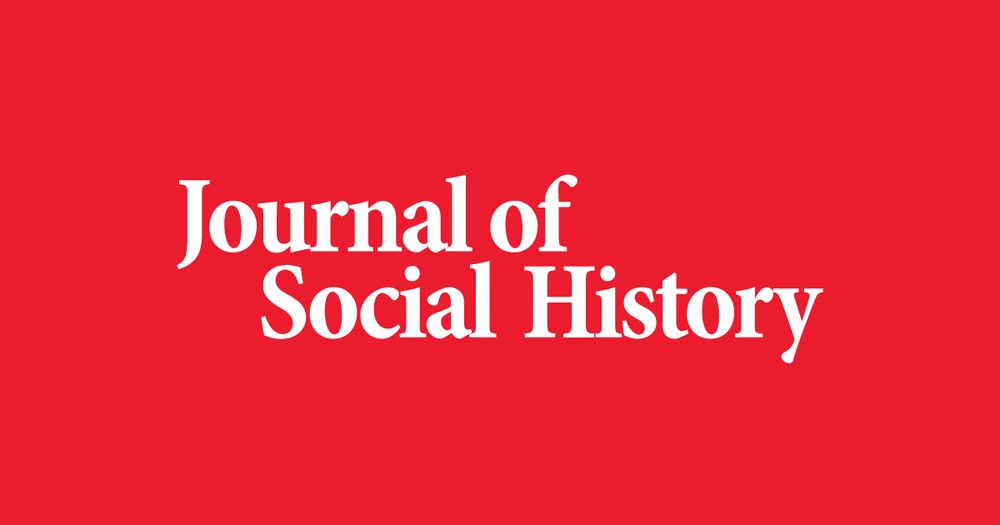
“We are particularly interested in candidates pursuing pioneering research agendas in: Science, Technology, and Society (STS); media law and policy; media history; global media….”
apply.interfolio.com/162364
“We are particularly interested in candidates pursuing pioneering research agendas in: Science, Technology, and Society (STS); media law and policy; media history; global media….”
apply.interfolio.com/162364

“Plutocracy is its own kind of dictatorship. When companies larger, wealthier and more powerful than most world governments threaten individual liberty with coercive private taxation and regulation, it threatens our way of life."
Jonathan Kanter, antitrust head. DOJ, 2024
“Plutocracy is its own kind of dictatorship. When companies larger, wealthier and more powerful than most world governments threaten individual liberty with coercive private taxation and regulation, it threatens our way of life."
Jonathan Kanter, antitrust head. DOJ, 2024
wwwww.hup.harvard.edu/books/97806742…
wwwww.hup.harvard.edu/books/97806742…
www.hnn.us/article/the-...
www.hnn.us/article/the-...
www.promarket.org/2024/09/13/h...

www.promarket.org/2024/09/13/h...
www.historians.org/news-and-adv...
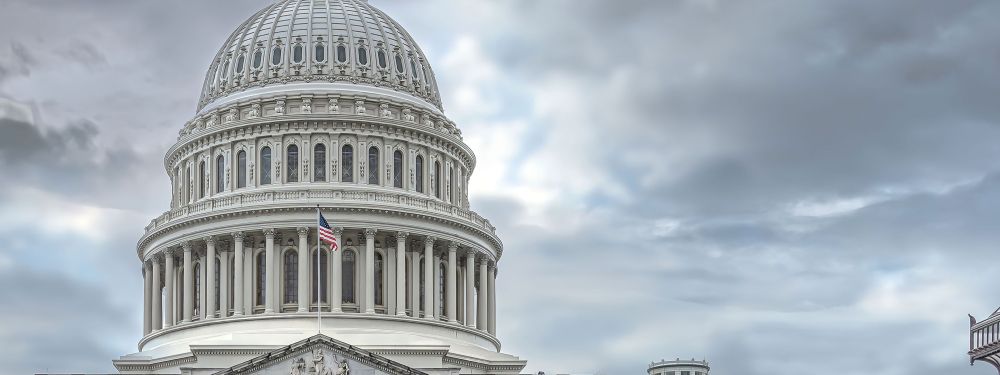
www.historians.org/news-and-adv...
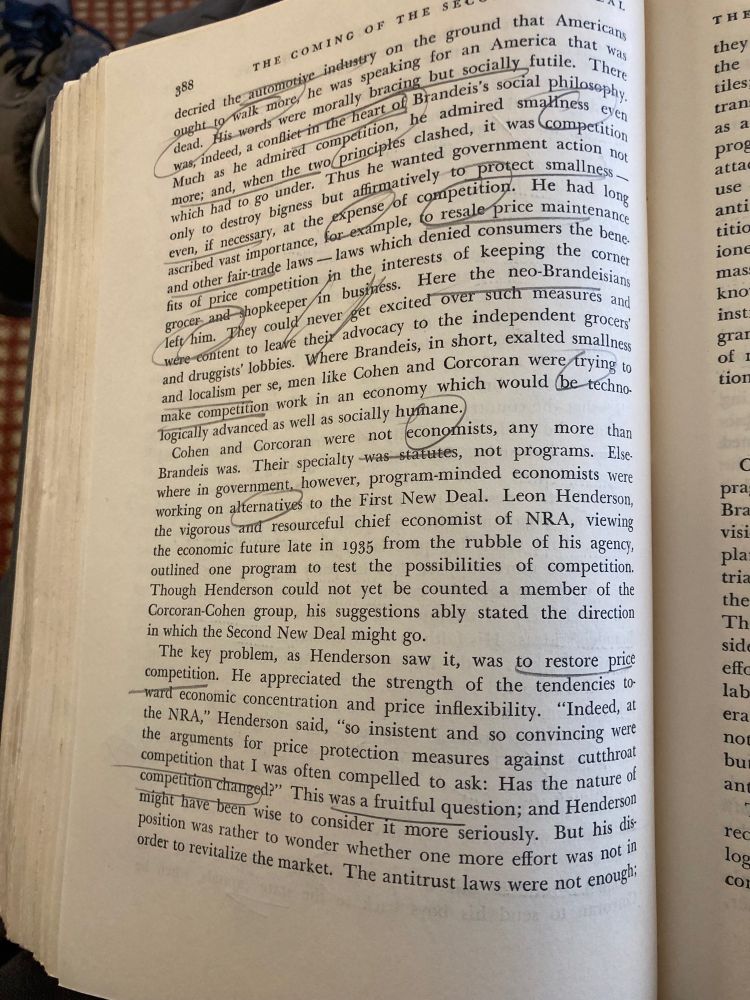

At certain data volumes and distances, the pigeon is a quicker option for large swaths of rural America.

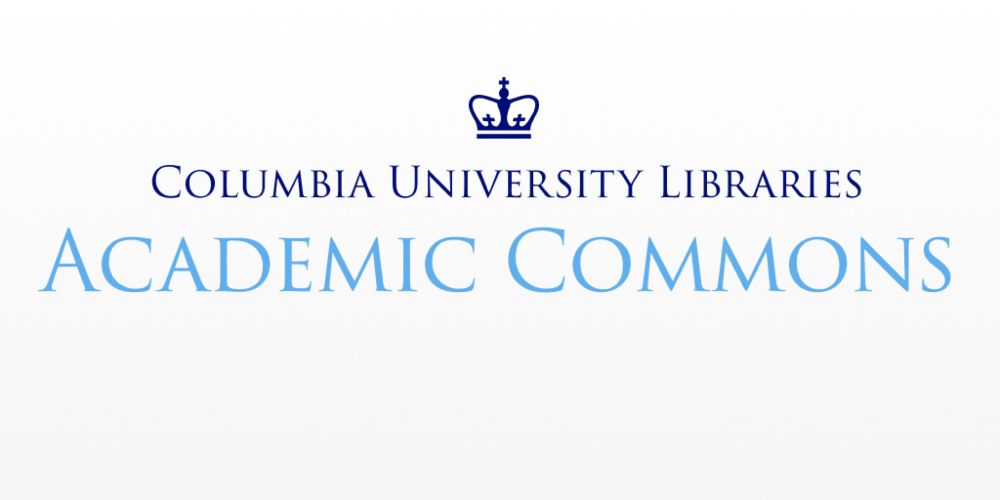
.
.


